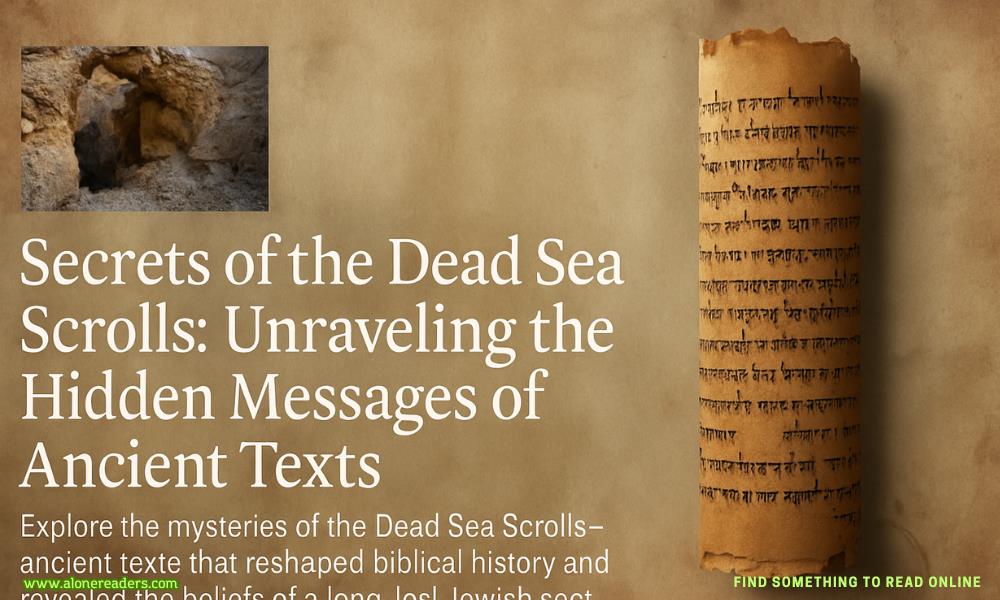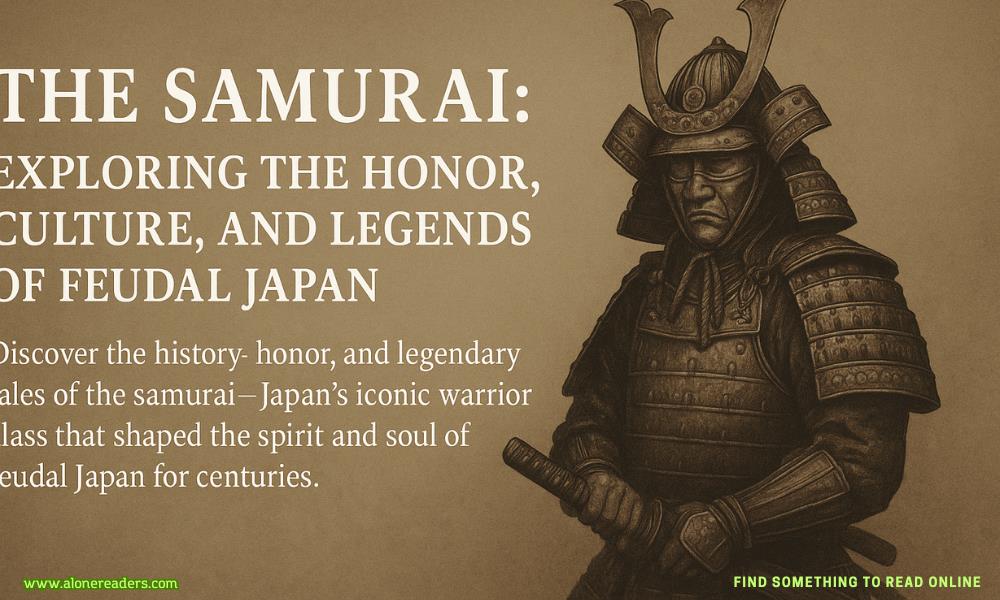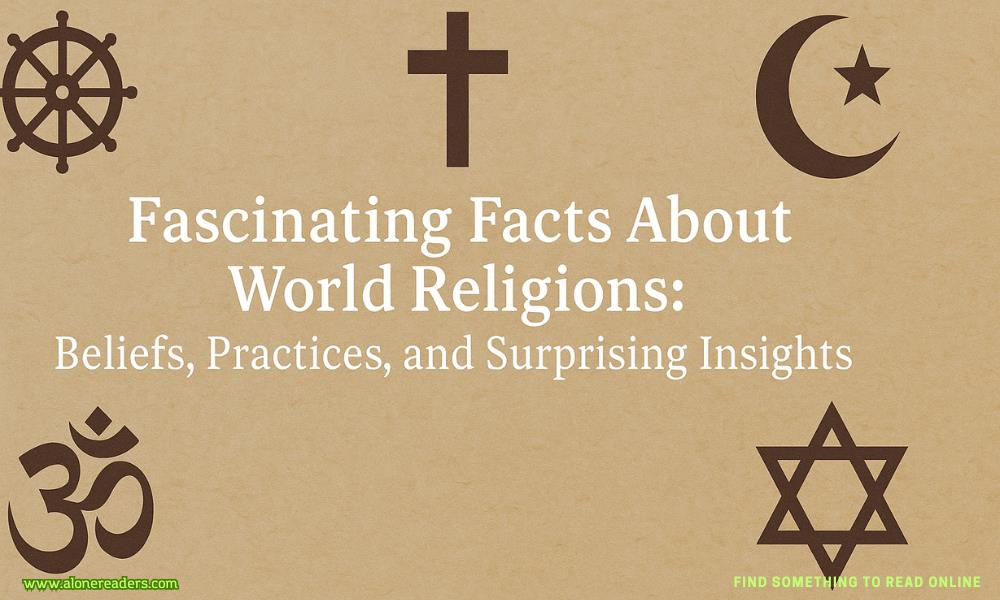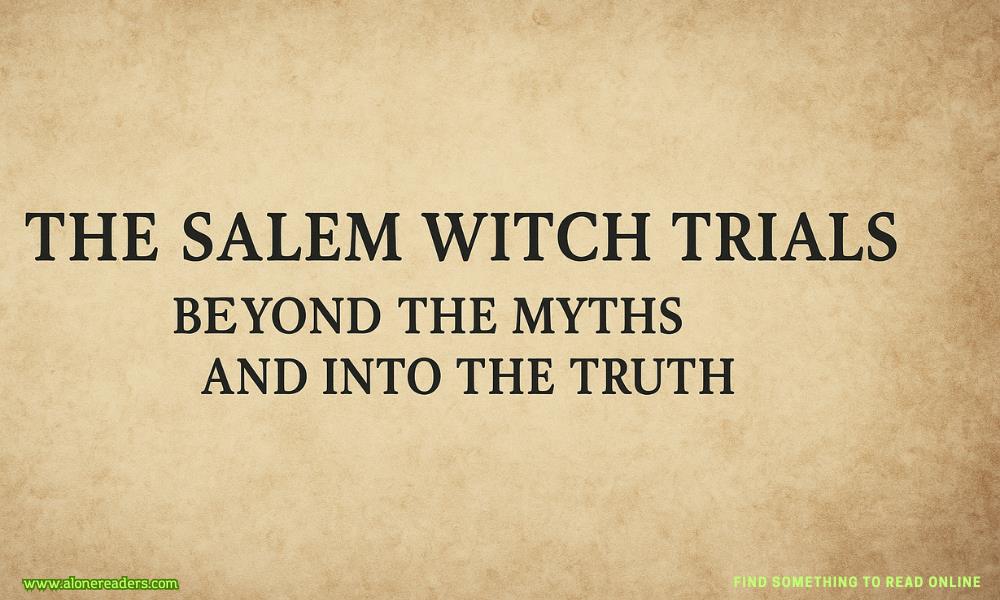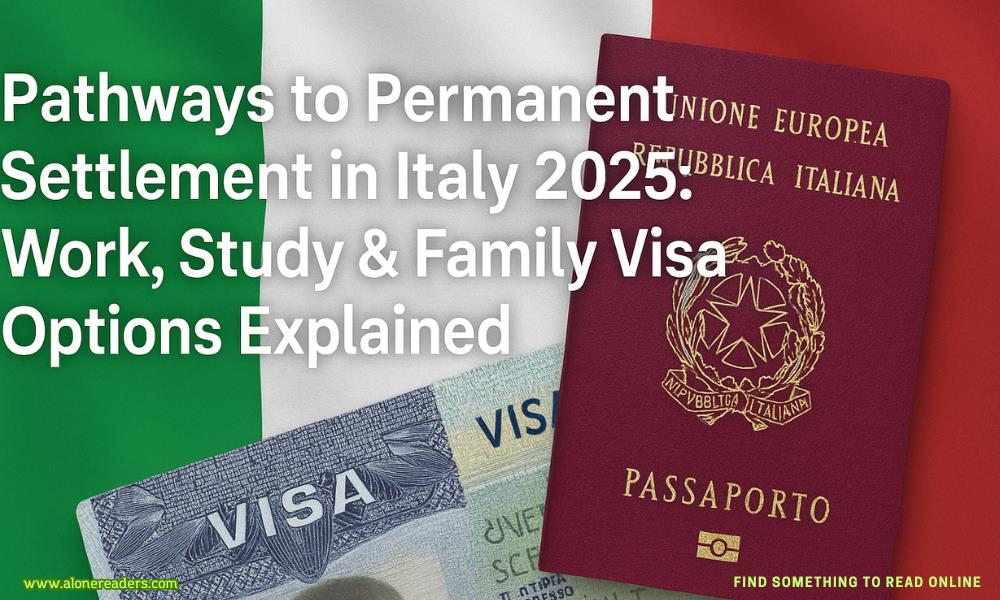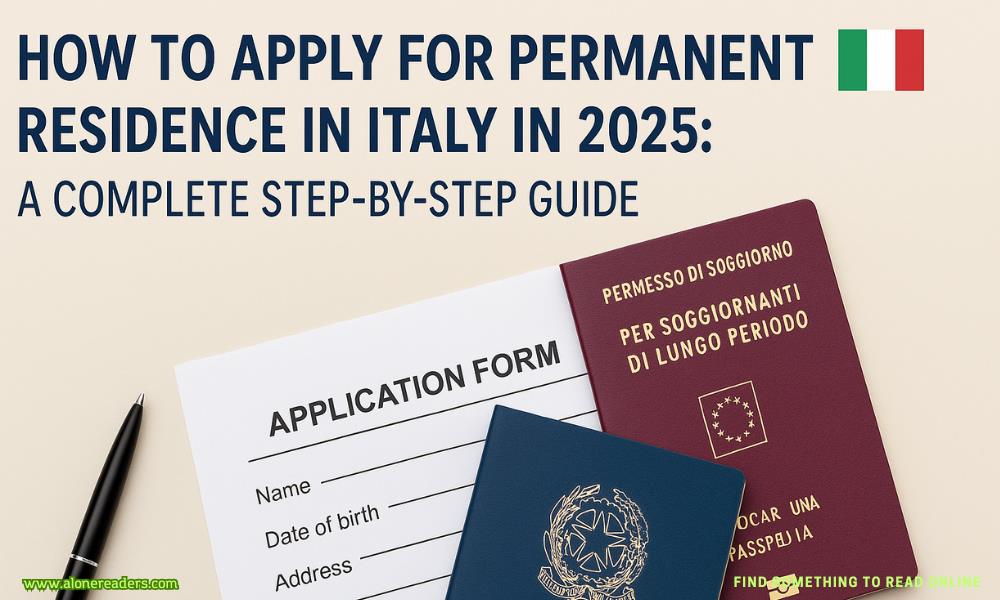Page 57 of Six Wild Crowns
It’s not long before the hounds pick up the scent and the guard jumps off his horse to examine the tracks.
“It’s the crone. We may have more luck in the other direction.”
Boleyn lets out a long, low whistle, telling Urial to look for other prey. They force the hounds to abandon the crone’s scent, and ride west through the woods instead of east, but wherever they go, they cannot seem to find any tracks but those of the crone. Urial calls mournfully from above, unable to find another mark. Eventually, the guard looks up at Boleyn. His voice quivers: “I think it is following us.”
“But that’s not what they do, is it?” Wyatt says, his voice higher than normal.
“No. No, it’s not.” The guard eyes Boleyn’s stomach, as though the baby is to blame. Ridiculous superstition.
“Well, if it is hunting us, we had better huntit,” Boleyn says, whirling Fauvel round and urging her to follow the hounds before the men can stop her. Realising she won’t be refused, the guard and Wyatt are soon riding on either side of her. The humans are all silent now. The hounds’ baying increases.
“It is near,” the guard says.
“We don’t want the dogs getting hurt. Put them behind us,” Boleyn says.
The guard does as he’s told, his eyes wide. Something moves in the trees ahead, and a moment later the crone appears, staring straight at them. It’s a huge beast – as big as Fauvel. It moves with a muscled heaviness, and its claws, bent backwards, remind her of a human walking on all fours, knuckles pressing into the earth. A pair of tusks protrudes from the crone’s lower mouth, sharp on one side, like knives. But it’s the eyes that set Boleyn’s heart racing. They look slowly at each human in turn, before settling on her. It knows that she’s the leader of this pack.
Silently, Boleyn pulls an arrow from her quiver and notches it.She doesn’t raise the bow though, not yet – to do so would initiate a charge.
“If you’re frightened, stay behind me,” she tells the men.
The guards do not move, but nor do they advance to help her. Only Wyatt forces his horse to stand beside Fauvel.
“What can I do?” he says.
“Stay still,” Boleyn replies, grateful for his courage even though he’s useless to her.
With one smooth movement, Boleyn brings up her bow and releases the arrow. It flies straight at the crone’s head, but at the last moment the beast swerves, and the arrow embeds in a tree behind it.
“Damn,” Boleyn says.
The crone charges.
Fauvel bolts through the trees. Boleyn ducks beneath low-hanging branches, keeping her head close to the horse’s neck, the pommel digging painfully into her bump. The beast crashes through the forest behind her. Above her, Urial roars, and a blast of flame warms her back. Bless the creature, he’s trying to protect her, but crones do not fear fire. In the distance, Wyatt calls her name, but she is alone in the hunt now. She looks back, and for an instant she’s struck by how human the monster looks. The hunger on its face, the thrill of the chase…
The baby stirs in her stomach, shifting over, making her lurch.
Enough.
Boleyn takes control of Fauvel’s reins and swings her right, left, weaving between trees, supporting the mare’s balance with her calves. The crone is more cumbersome, and before long there is space between them again. When she has enough of a lead, Boleyn pulls Fauvel round to face it. She plucks three arrows from her quiver and aims them at the beast’s heart.
The first arrow hits its chest, and ithuffsbut keeps coming. The second arrow pierces its neck, and an arc of blood sprays the trees around them, mottling Fauvel’s golden coat. It keeps coming. It is nearly upon them. Fauvel shifts.
“Steady,” Boleyn tells the horse.
Her third arrow hits the crone in the eye with such force that it pierces its skull, its brain and protrudes out of the back of its head. It falters, stumbles and falls, inches from her. Boleyn slips off her horse’s back and approaches the dying creature. Its flesh is already cold, as though it is crafted from earth and wood and clay, not blood and sinew. Boleyn isn’t superstitious, but this creature is altogether wrong. Its breath is laboured, its remaining eye, small and red, watches her, but it cannot move. She pulls a small hunting knife from her belt and kneels.
“You cannot win against me,” Boleyn whispers. “Now rest.” She pulls the knife across the crone’s throat. The creature gives one final, rattling gasp.
The guards and Wyatt find her kneeling over the corpse, her hands covered in its blood. She locks eyes with Wyatt, and sees something shift in his expression. She is no longer the haughty queen to him. No longer the mistress to tease. Now – nowsheis the one he wishes to hunt.
Boleyn and Wyatt ride side by side in near silence, in the wake of the hunt. Her thirst for sport sated, Boleyn is eager to reach Plythe before nightfall. Still, it’s sunset when they crest a hill and spot the River Kyttle winding languidly below them. It is flush with narrowboats and fishing boats, moving in an orderly manner from dyke to dyke. Carthorses trudge along the banks pulling houseboats. On the far bank, a watermill’s wheel revolves. And below the water’s surface, dozens of pale shapes meander. The whales of Swegan. Were Boleyn to dive into the river, she would hear no sweeter song than the whales’ speech. It is their vocal cords, after all, that string the lute that brought her here.
“Does nothing happen quickly in this damn county?” Wyatt says.
“Evidently not. You should fit right in,” Boleyn replies, then with a laugh she urges Fauvel into a canter down the hill. They aren’t far away now. Boleyn lets the retinue stay on the main road, on the hills above, while she follows the river. She has read stories aboutwhat she will soon see. Her mother, who was once a lady-in-waiting here, has told her tales of the marvel of the palace and the Kyttle Falls. Even if she and Howard despise each other, it will be worth the journey to see this place with her own eyes.
As the smell of the sea grows, so does the sound. A low roar that undercuts the rumble of the carriages above her, and then, gradually, drowns them out. Then Boleyn turns one final river bend and they are laid out before her, like a curtain being drawn back on a painting: Kyttle Falls, and the Palace of Plythe.
- The Prince's Secret Twins by Elizabeth Lennox
- Tangled Desires by Tory Baker
- At the Edge of Surrender by A.L. Jackson
- A Touch of Fate by Cora Reilly
- Untouchable Love by Lucy Darling
- After Hours by Caitlin Crews
- Shelter from the Storm by Mari Carr
- Someone Knows by Vi Keeland
- Hawk by Fiona Davenport
- The Silencer by Brooke Summers
- The Beat of her Heart by Emily Hayes
- The Neighbor's Son by K. Webster
- Vasily the Hammer by C.B. Alice
- Convenient Vows by D.C. Beks
- Wrapped in Silver by Sara Vice
- Ruined By Capture by Sherry Blake
